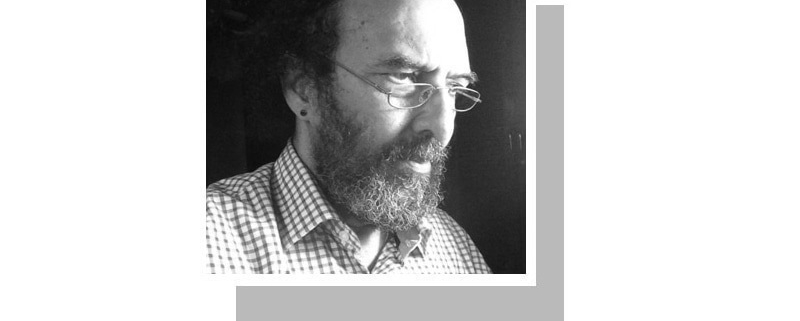The truly worrying malware – Newspaper
ESPIONAGE and hostile surveillance are as old as human history. In the wild too, prey and predator keep an aggressive watch on each other, forever improving their strategy for survival. In the absence of technology, we even invented the myth of remote vigilance. Sanjay, a few thousand years before the advent of electronic espionage, could watch the contests on the battlefield from the palace of the blind king who he regularly briefed on the progress of the Mahabharata.
Simply put, Pegasus kind of snooping has been happening and even flourishing in societies democratic or otherwise. What sustains or expands the assault on our democratic rights today is the issue.
Read: Pegasus spyware: how does it work?
In the Soviet era, the West successfully, but not completely truthfully, claimed that spying on citizens was an integral part of communism. The Western bloc projected its own image as one of a free society where individual liberties were sacred and paramount. Disillusioned partisans on the rebound from Khrushchev’s exposé of Stalin only legitimised the notion of Big Brother keeping a toxic eye on fellow citizens.
The doughty American journalist Edward Murrow fought Senator McCarthy’s intrusion into newsrooms and Hollywood studio floors. He would swear by British democracy as the gold standard of probity. Murrow covered the war from London, and would observe later: “Britain fought and won without ever compromising the primacy of parliament.” Sadly, he spoke too soon. Quietly leading the secret charge against rights it would otherwise swear by, the UK is currently pondering a law that would put journalists at par with spies. Who leaked the picture of the health secretary kissing his aide is the pursuit, not why he broke the Covid law.
Pegasus seems just another handy tool available to delinquent states.
Bear in mind the tough fight being currently put up by the West against China over the 5G communications technology. The charge is that China would have access to global data. The 5G stand-off has its roots in 1948, when the UK and US signed the UKUSA agreement, a communication intelligence pact they later expanded to include Australia, New Zealand and Canada. This…


